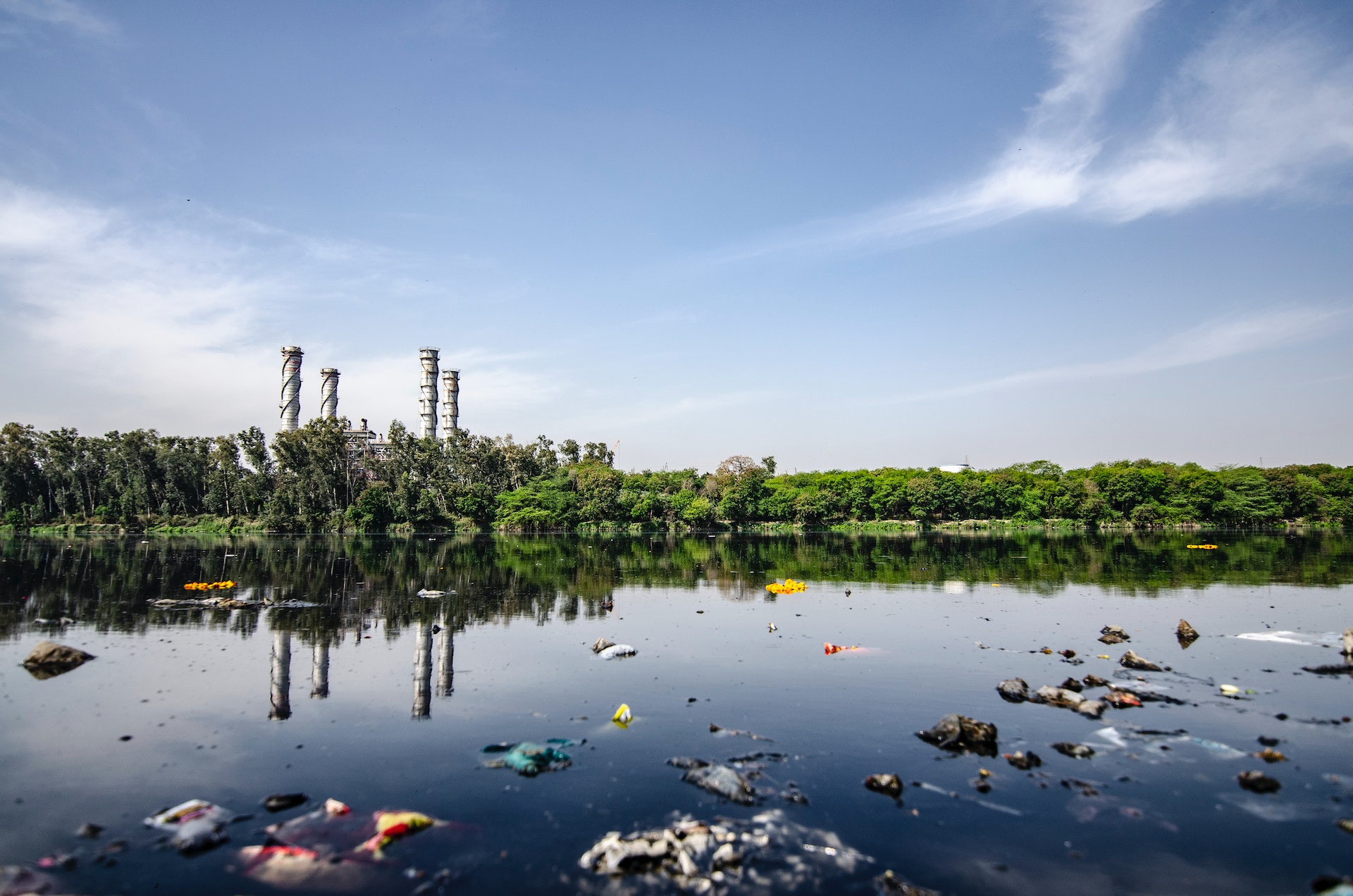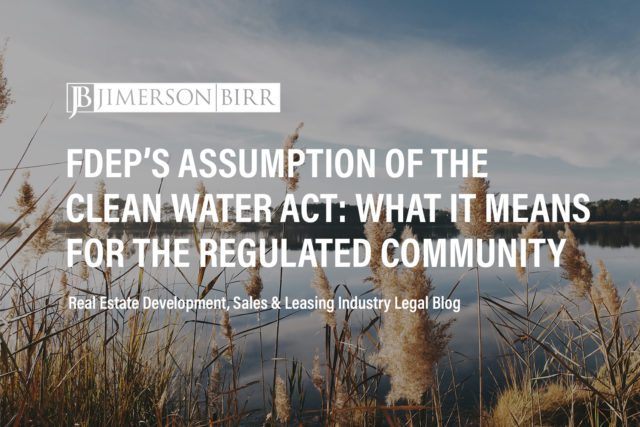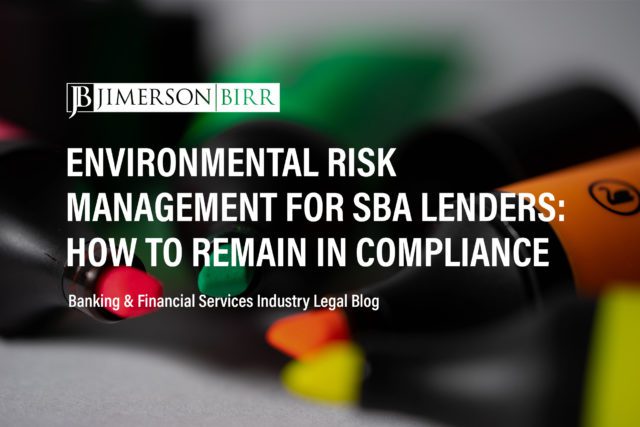What does Clean Water Act permitting and administrative, civil and criminal representation entail?
Clean Water Act (CWA) permitting and administrative, civil, and criminal representation in Florida encompasses the regulatory framework and legal processes associated with protecting the state’s water resources. Under the CWA, discharging pollutants into navigable waters without a permit is unlawful. The Environmental Protection Agency (EPA) and the Florida Department of Environmental Protection (FDEP) jointly administer the National Pollutant Discharge Elimination System (NPDES) program, which requires entities to obtain permits for discharging pollutants.
One example of CWA permitting in Florida is the issuance of NPDES permits for industrial stormwater discharges. These permits limit pollutant discharges and specify monitoring, reporting, and best management practices to minimize pollution. Another example involves the State’s regulation of releasing dredged or fill material into waters, including wetlands, under Section 404 of the CWA. The U.S. Army Corps of Engineers issues permits in such cases, and the EPA provides oversight.
When permit violations or unpermitted discharges occur, administrative, civil, and criminal representation may be necessary. Administrative enforcement actions can include compliance orders and penalties, while civil and criminal enforcement may involve lawsuits, injunctions, or criminal prosecution.
Need help regarding environmental due diligence, permitting, mitigation, or compliance? Schedule your consultation today with a top environmental law attorney.
In Florida, which laws and regulations apply to Clean Water Act permitting and administrative, civil and criminal representation?
Several laws and regulations apply to Clean Water Act permitting and representation in Florida. At the federal level, the Clean Water Act provides the overarching legal framework for water pollution control. Critical sections of the CWA include Section 402, which establishes the NPDES permit program, and Section 404, which regulates the discharge of dredged or fill material into waters.
Florida also has state-specific laws and regulations, such as the Florida Environmental Protection Act (FEPA) (Florida Statutes § 403.01 et seq.) and Florida Administrative Code Chapter 62-4, which outlines the FDEP’s permitting and enforcement authority. In addition, the state’s water quality standards are in Florida Administrative Code Chapter 62-302.
What common issues regarding Clean Water Act permitting and representation lead to litigation?
The following issues are among the most common in actions regarding Clean Water Act permitting and administrative, civil and criminal representation in environmental law matters:
- Permit violations: Failure to obtain necessary permits or comply with permit conditions can result in enforcement actions by regulatory agencies and potential civil or criminal liability.
- Unauthorized discharges: Discharging pollutants into waters without proper authorization or exceeding discharge limits set by permits can trigger litigation under the Clean Water Act.
- Jurisdictional disputes: Determining whether a particular waterbody falls under the jurisdiction of the Clean Water Act can lead to disagreements between property owners, developers, and regulatory agencies, ultimately resulting in litigation.
- Wetlands issues: Conflicts often arise over the identification, delineation, and protection of wetlands, subject to stringent regulations under the Clean Water Act.
- Enforcement actions: Government agencies may initiate administrative, civil, or criminal enforcement actions against alleged violators of the Clean Water Act, prompting legal disputes over the validity and appropriateness of such activities.
- Citizen suits: Private citizens can bring lawsuits against alleged violators of the Clean Water Act, adding another layer of potential litigation.
When a set of facts is appropriate for legal intervention, there are many paths a claimant may take. We are value-based attorneys at Jimerson Birr, which means we look at each action with our clients from the point of view of costs and benefits while reducing liability. Then, based on our client’s objectives, we chart a path to seek appropriate remedies.
To determine whether your unique situation may necessitate litigation, please contact our office to set up your initial consultation.
What claims related to Clean Water Act permitting and representation do plaintiffs generally bring to court, and what are common legal defenses to those claims?
To file a Clean Water Act permitting and administrative, civil, and criminal representation-related lawsuit, a plaintiff must generally establish standing by demonstrating injury-in-fact, causation, and redressability. Additionally, the plaintiff must comply with procedural requirements such as providing notice to the alleged violator and relevant government agencies before initiating a citizen suit.
Common claims related to Clean Water Act permitting and administrative, civil, and criminal representation include:
- Violation of permit conditions
- Discharging pollutants without a permit
- Failure to obtain or renew a required permit
- Noncompliance with reporting and monitoring requirements
Defendants in Clean Water Act litigation may raise various legal defenses, such as:
- Compliance: Demonstrating that they have complied with all applicable permit conditions and regulatory requirements.
- Lack of jurisdiction: Arguing that the waterbody at issue does not fall under the jurisdiction of the Clean Water Act.
- Permit shield: Asserting that an existing permit covers their conduct protects enforcement actions for actions taken in compliance with the permit.
- Statute of limitations: Claiming that the plaintiff’s lawsuit was filed beyond the applicable statute of limitations, rendering the claim untimely.
- Lack of standing: Challenging the plaintiff’s standing to bring the lawsuit based on the absence of injury, causation, or redressability.
- Good faith efforts: Presenting evidence of good faith efforts to comply with the Clean Water Act, which may mitigate potential penalties in enforcement actions.
Please contact our office to set up your initial consultation to see what actions or defenses may be available for your unique situation.
What are effective measures to minimize the risk of litigation over Clean Water Act permitting and representation?
To successfully mitigate the risk of litigation over Clean Water Act permitting and representation, consider implementing the following measures:
- Stay informed: Regularly review and stay up-to-date with federal and Florida-specific environmental regulations and changes to the Clean Water Act.
- Obtain necessary permits: Ensure you obtain all required permits and authorizations before initiating activities that may impact the waters of the United States.
- Comply with permit conditions: Strictly adhere to the terms and conditions outlined in your permits, including monitoring and reporting requirements.
- Develop a compliance plan: Create and implement a comprehensive environmental compliance plan that addresses Clean Water Act requirements and other applicable regulations.
- Consult with experts: Engage environmental consultants, engineers, and legal counsel to help navigate the complexities of environmental law and ensure compliance.
- Establish internal communication channels: Foster open communication between management, employees, and contractors to identify and address potential compliance issues early on.
Frequently Asked Questions
- How do I determine if a waterbody falls under the jurisdiction of the Clean Water Act?
Jurisdictional determinations can be complex and require a thorough analysis of the water body’s physical, chemical, and biological characteristics. Consult with environmental professionals and legal counsel to assess whether a waterbody falls under the jurisdiction of the Clean Water Act. In some cases, you may also seek a formal jurisdictional determination from the U.S. Army Corps of Engineers.
- What are the penalties for non-compliance with the Clean Water Act?
Noncompliance with the Clean Water Act can result in administrative, civil, and criminal penalties. Fines can range from thousands to millions of dollars, depending on the severity and duration of the violation. In some cases, individuals and organizations may also face imprisonment for criminal offenses.
- Can private citizens take legal action against alleged Clean Water Act violators?
Yes, private citizens can initiate citizen suits against alleged violators of the Clean Water Act. Before filing a lawsuit, the citizen must provide a 60-day notice to the alleged violator, the U.S. Environmental Protection Agency, and the state where the alleged violation occurs. If the government does not take appropriate action within that time, the citizen may proceed with their lawsuit.
Have more questions about an environmental law-related situation?
Crucially, this overview of Clean Water Act permitting and administrative, civil and criminal representation does not begin to cover all the laws implicated by this issue or the factors that may compel the application of such laws. Every case is unique, and the laws can produce different outcomes depending on the individual circumstances.
Jimerson Birr attorneys guide our clients to help make informed decisions while ensuring their rights are respected and protected. Our lawyers are highly trained and experienced in the nuances of the law, so they can accurately interpret statutes and case law and holistically prepare individuals or companies for their legal endeavors. Through this intense personal investment and advocacy, our lawyers will help resolve the issue’s complicated legal problems efficiently and effectively.
Having a Jimerson Birr attorney on your side means securing a team of seasoned, multi-dimensional, cross-functional legal professionals. Whether it is a transaction, an operational issue, a regulatory challenge, or a contested legal predicament that may require court intervention, we remain tireless advocates at every step. Being a value-added law firm means putting the client at the forefront of everything we do. We use our experience to help our clients navigate even the most complex problems and come out the other side triumphant.
If you want to understand your case, the merits of your claim or defense, potential monetary awards, or the amount of exposure you face, you should speak with a qualified Jimerson Birr lawyer. Our experienced team of attorneys is here to help. Call Jimerson Birr at (904) 389-0050 or use the contact form to schedule a consultation.

We live by our 7 Superior Service Commitments
- Conferring Client-Defined Value
- Efficient and Cost-Effective
- Accessibility
- Delivering an Experience While Delivering Results
- Meaningful and Enduring Partnership
- Exceptional Communication Based Upon Listening
- Accountability to Goals











